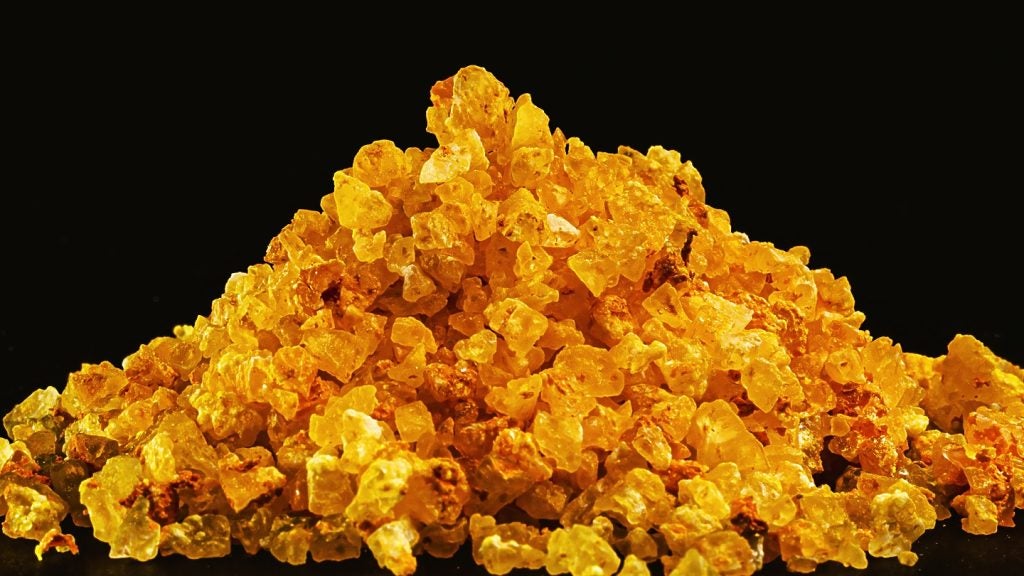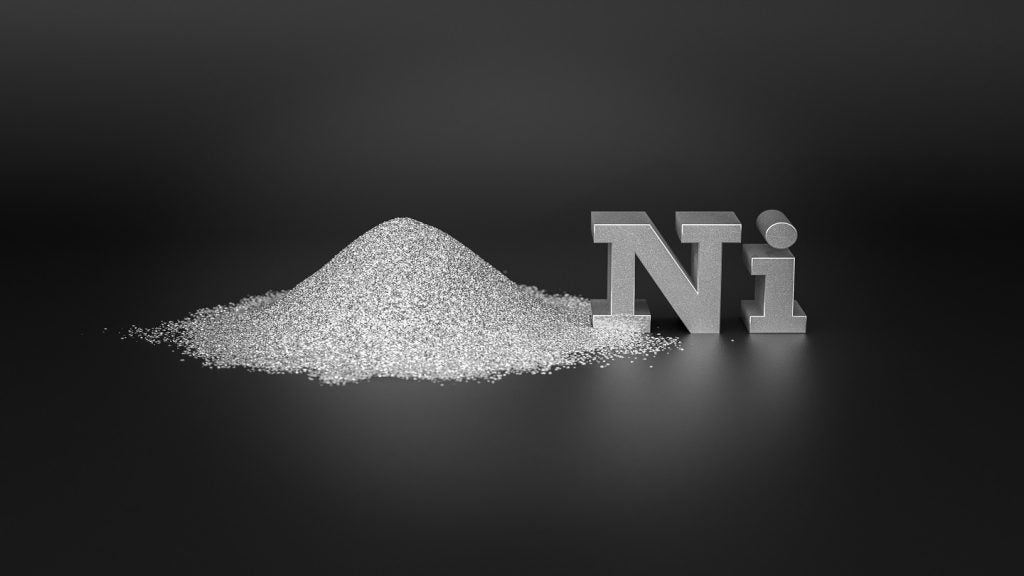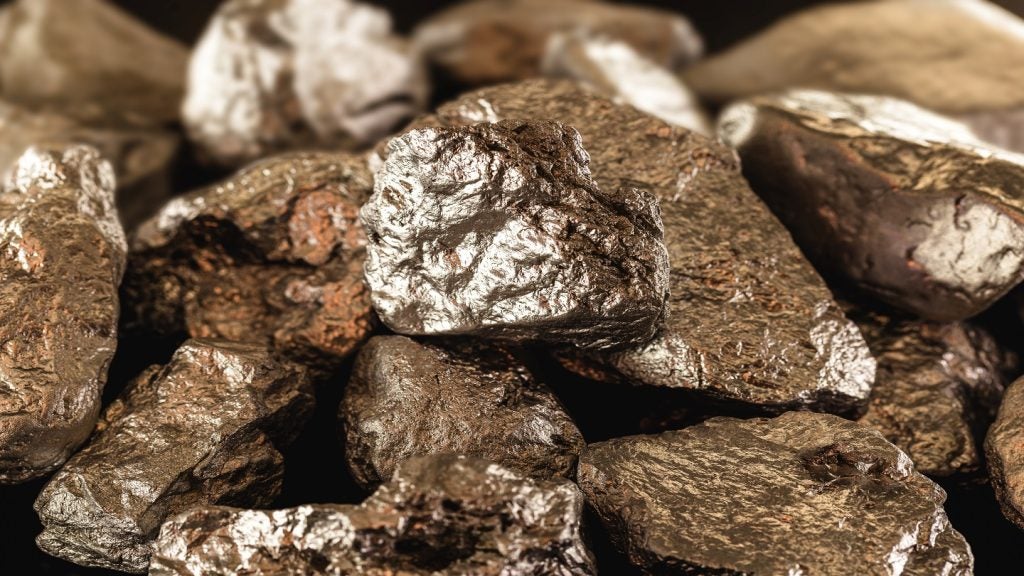Paladin Energy has announced a definitive agreement to acquire Fission Uranium for C$1.14bn (A$1.25bn), or C$1.30 a share.
This move will establish the company as a global uranium leader with assets spanning Canada, Namibia and Australia.
The acquisition is structured as a 100% share takeover under the Canada Business Corporation Act, subject to court approval and a plan of arrangement.
As per the agreed terms, each Fission share will be exchanged for a 0.1076 share of Paladin.
The offer marks a 25.8% premium to Fission’s stock close on 21 June and a 30% premium to the 20-day volume weighted average price.
Fission's directors and senior management, who hold 0.7% of Fission shares, have agreed to support the transaction, committing to vote in favour at the upcoming special shareholders' meeting.
The transaction is expected to be finalised in the September 2024 quarter, pending fulfilment of all conditions outlined in the agreement.
Upon completion, Paladin and Fission shareholders will hold approximately 76% and 24% of the enlarged Paladin entity, respectively.
Following the transaction's closure, Fission shares will be de-listed from the Toronto Stock Exchange, the OTCQX, and the Frankfurt Stock Exchange, consolidating the company's market presence under the Paladin brand.
Paladin CEO Ian Purdy said: “The acquisition of Fission, along with the successful restart of our Langer Heinrich Mine, is another step in our strategy to diversify and grow into a global uranium leader across the top uranium mining jurisdictions of Canada, Namibia and Australia.
“Fission is a natural fit for our portfolio with the shallow high-grade PLS project located in Canada’s Athabasca Basin. The addition of PLS creates a leading Canadian development hub alongside Paladin’s Michelin project, with exploration upside across all Canadian properties.
“Both sets of shareholders are expected to benefit from the increased scale of the enlarged company, with a combined mineral resource representing one of the largest amongst pure-play uranium companies globally and a substantially increased international capital markets exposure.”















